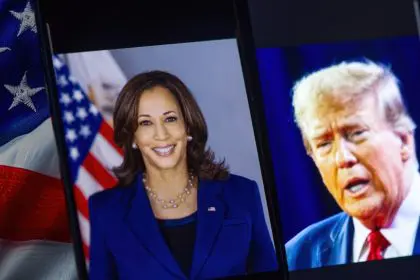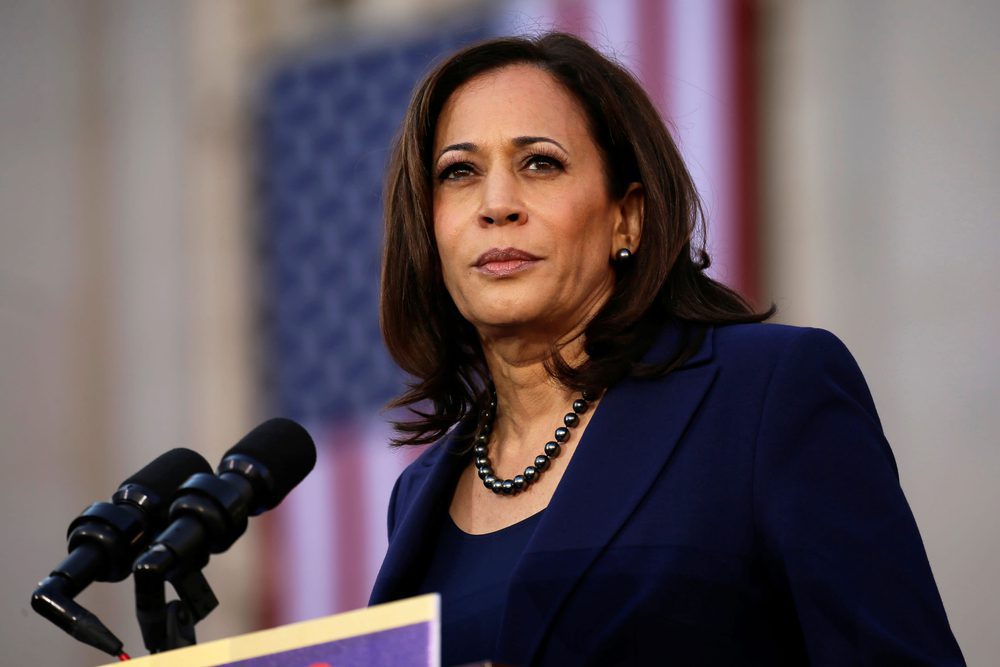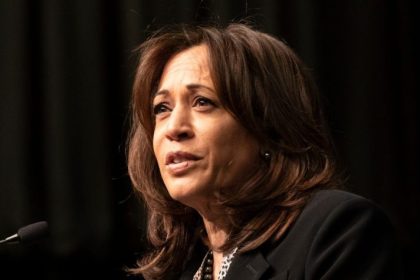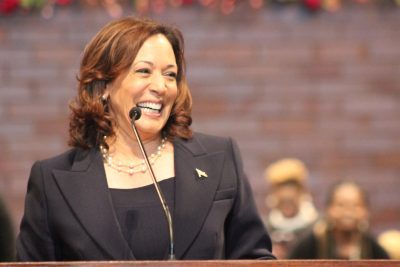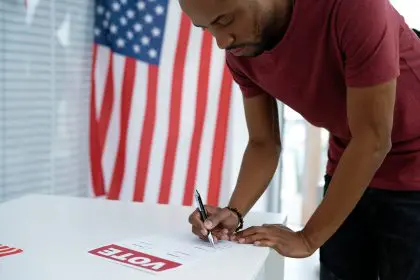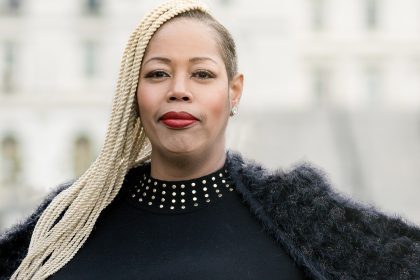Wendy Osefo’s Nov. 19 analysis of the 2024 presidential election highlights persistent challenges in American politics for Black women. The “Real Housewives of Potomac” star, who holds a doctorate in public affairs and community development, points to systemic barriers that continue to affect leadership opportunities.
Beyond the ballot box
The election results reflect broader societal patterns affecting advancement in politics and other spheres. Despite increasing representation in various fields, the path to executive positions remains complex. This reality resonates particularly with established professionals who have navigated similar dynamics throughout their careers.
The conversation extends beyond individual candidates to examine institutional structures that influence leadership selection. As more voices join public discourse, many note how traditional power dynamics continue to shape outcomes across sectors.
Creating sustainable change
Community engagement and strategic coalition-building emerge as critical factors for progress. Grassroots organizations are developing new approaches to leadership development and support systems. These efforts focus on long-term institutional change rather than individual electoral cycles.
An April 2023 Pew Research Center report shows increasing political participation among diverse demographics, suggesting potential for future breakthrough moments. Thus, sustainable progress requires addressing deeper systemic issues around access and opportunity.
The dialogue initiated by Osefo’s observations opens important questions about representation in American leadership. As communities continue working toward equitable solutions, the focus remains on creating lasting institutional change that benefits future generations.
Success requires maintaining momentum through continued civic engagement, policy advocacy and support for emerging leaders. While challenges persist, strategic action and sustained commitment can help create more inclusive leadership pathways.


